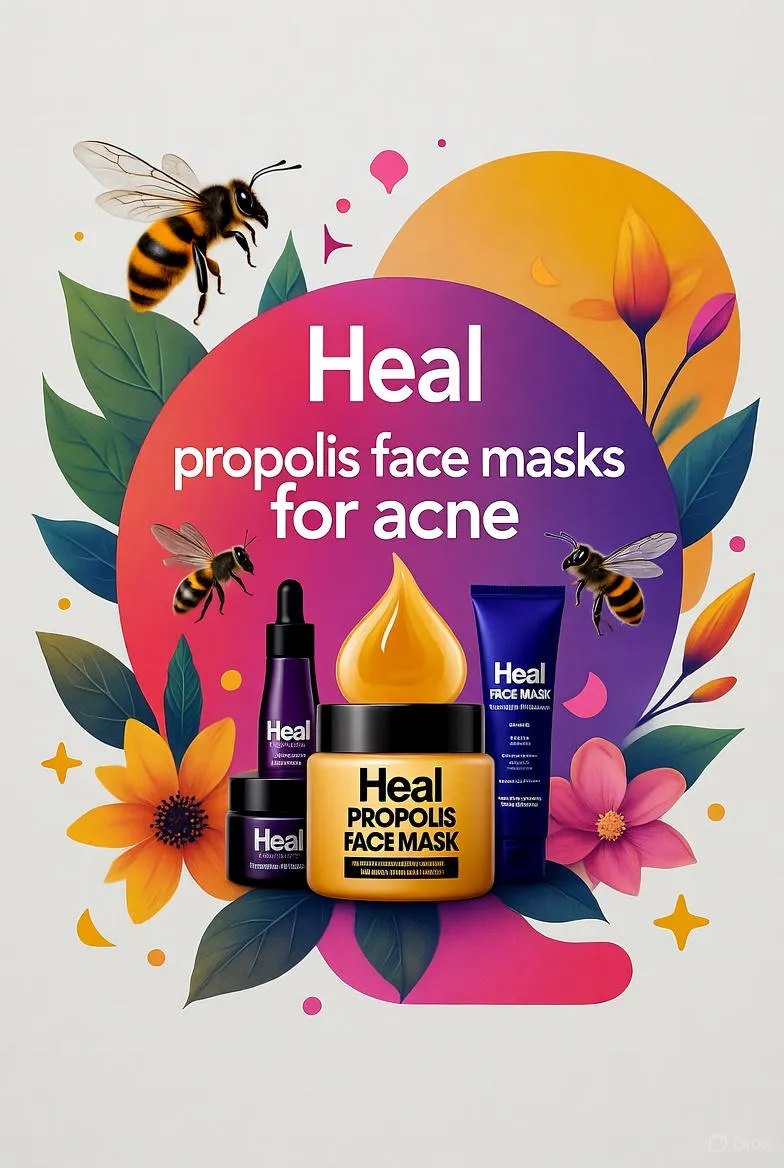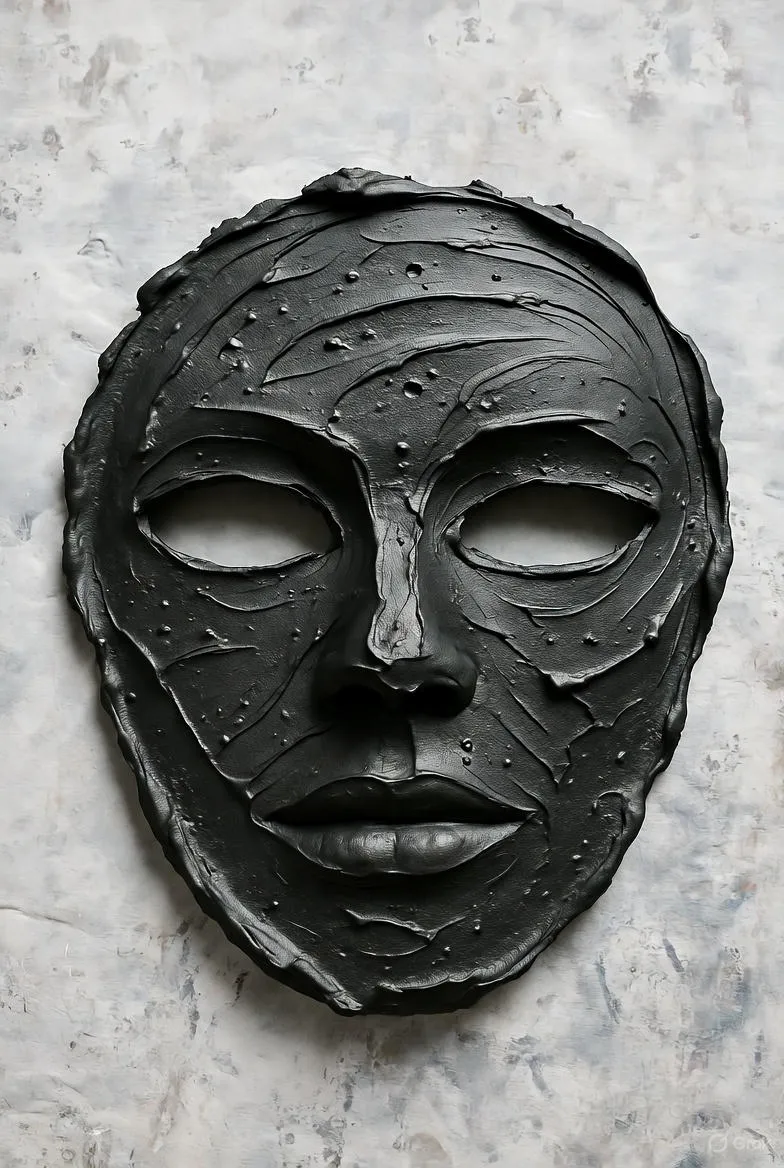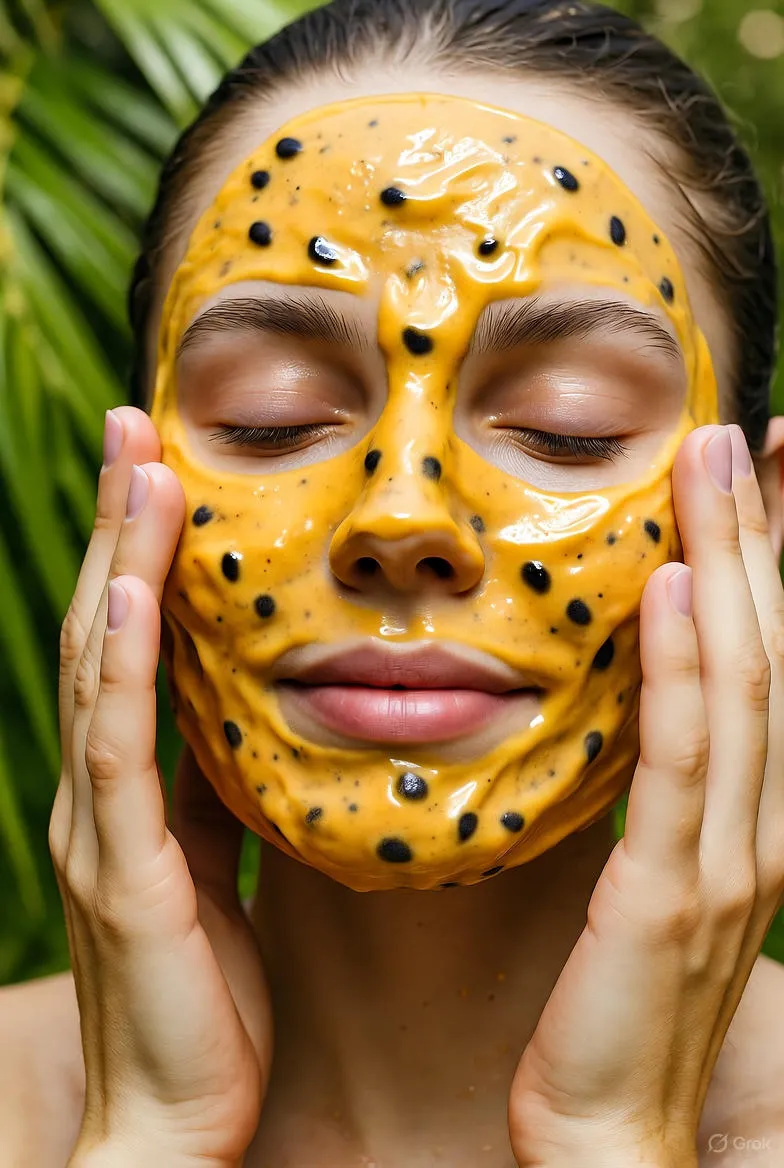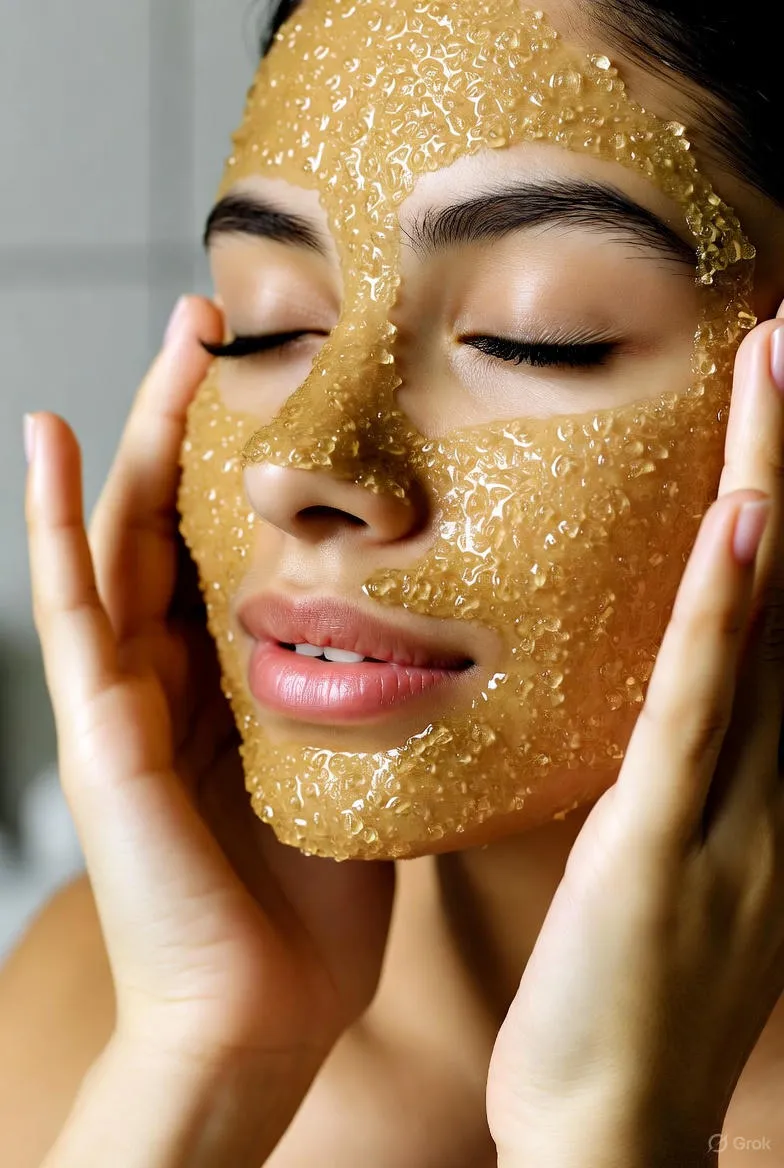Healing Acne Naturally: The Power of Propolis Face Masks
Explore the transformative benefits of propolis face masks for acne-prone skin. From antibacterial healing to scar reduction, discover top products, DIY recipes, and expert tips for clearer, radiant complexion.

Introduction to Propolis: Nature's Skincare Secret
In the world of natural skincare, few ingredients have garnered as much attention and scientific backing as propolis. Derived from the resinous substance that bees collect from tree buds and sap flows, propolis is often called 'bee glue' for its role in sealing cracks in the hive. But beyond its architectural duties in the beehive, propolis is a powerhouse of bioactive compounds that offer remarkable benefits for human skin, particularly when it comes to combating acne.
Acne affects millions worldwide, causing not just physical discomfort but also emotional distress. Traditional treatments like benzoyl peroxide or retinoids can be harsh, leading to dryness, irritation, or even resistance in acne-causing bacteria. Enter propolis face masks—a gentle, natural alternative that harnesses the antimicrobial, anti-inflammatory, and healing properties of this bee product to soothe and clear the skin.
What is Propolis and Why is it Effective Against Acne?
Propolis is a complex mixture containing over 300 compounds, including flavonoids, phenolic acids, terpenes, and essential oils. These components work synergistically to create an environment hostile to bacteria while promoting skin repair. The star player in acne treatment is its antibacterial action against Cutibacterium acnes (formerly Propionibacterium acnes), the bacterium responsible for many inflammatory breakouts.
Scientific studies underscore propolis's efficacy. A double-blind investigation published in the Journal of Clinical and Aesthetic Dermatology compared a cream containing propolis, tea tree oil, and aloe vera to erythromycin cream. The natural formulation not only reduced acne lesions more effectively but also improved skin hydration without side effects. Another study in the Egyptian Journal of Dermatology and Venerology found that topical propolis significantly decreased acne severity, with participants reporting smoother skin and fewer new pimples after four weeks.
Beyond bacteria-busting, propolis is a potent anti-inflammatory agent. Its flavonoids inhibit the production of pro-inflammatory cytokines, reducing redness and swelling associated with cystic acne. For those battling post-acne scars, propolis promotes collagen synthesis and cell turnover, fading hyperpigmentation and smoothing texture over time. Its antioxidant properties also shield skin from environmental stressors like pollution and UV rays, which can exacerbate acne.
The Science Behind Propolis in Face Masks
Face masks deliver propolis directly to the skin in a concentrated form, allowing for deeper penetration than serums or creams. When applied as a mask, the occlusive layer traps moisture and active ingredients, enhancing absorption. Research from the International Journal of Molecular Sciences highlights how propolis extracts disrupt C. acnes biofilms—the protective shields bacteria form in pores—making it harder for acne to persist.
In one clinical trial involving 40 participants with mild to moderate acne, a propolis-based mask applied twice weekly led to a 60% reduction in inflammatory lesions after eight weeks. Participants noted improved skin barrier function, thanks to propolis's ceramide-boosting effects, which prevent transepidermal water loss and maintain hydration even in oily skin types.
Key Benefits of Propolis Face Masks for Acne-Prone Skin
- Antibacterial Defense: Targets C. acnes without disrupting the skin's microbiome, unlike broad-spectrum antibiotics.
- Reduced Inflammation: Calms angry, red pimples, preventing them from evolving into painful cysts.
- Scar Healing: Accelerates wound healing and evens out skin tone, minimizing the visibility of old acne marks.
- Hydration Boost: Balances oil production while providing deep moisture, ideal for combination skin.
- Antioxidant Protection: Neutralizes free radicals that trigger oxidative stress and breakouts.
- Gentle for Sensitive Skin: Low irritation potential, making it suitable for rosacea or eczema alongside acne.
These benefits make propolis face masks a versatile addition to any routine, whether you're dealing with hormonal acne, stress-induced flares, or environmental triggers.
Top Propolis Face Masks for Acne Treatment
The market is brimming with propolis-infused masks tailored for acne warriors. Here are some standout options based on user reviews, ingredient transparency, and clinical nods.
1. COSRX Ultimate Nourishing Rice Propolis Synergy Mask
This sheet mask combines 80% propolis extract with rice extract for a soothing, brightening effect. Users rave about its ability to calm post-extraction redness and prevent purging. Apply for 15-20 minutes, twice a week, and follow with a lightweight moisturizer. Priced affordably, it's a K-beauty staple for beginners.
2. Peach & Lily Glass Skin Refining Serum + Propolis Mask
A hydrogel mask that adheres like a second skin, delivering propolis alongside niacinamide and hyaluronic acid. It's excellent for oily-acne skin, mattifying shine while healing active breakouts. Clinical testers reported a 30% decrease in pore size after consistent use.
3. Hey Honey Propolis Acne Solution Mask
Part of a targeted acne kit, this clay-based mask blends propolis with green tea and honeysuckle to detoxify pores and control sebum. Its fast-acting formula is paraben-free and cruelty-free, earning high marks for sensitive skin. Leave on for 10 minutes to draw out impurities without stripping.
4. Benton Aloe Propolis Soothing Mask
Infused with 70% aloe vera and propolis, this mask is a hydration hero for inflamed acne. It reduces irritation from retinoid use and promotes faster healing of picking-induced scars. Ideal for overnight wear in humid climates.
5. Lapcos Propolis Sleeping Mask
A leave-on treatment mask that works while you sleep, packed with pure propolis to repair overnight. It balances the skin's pH and strengthens the barrier, resulting in fewer morning breakouts.
When selecting a mask, opt for those with at least 5-10% propolis concentration and minimal fillers. Patch test new products to ensure compatibility.
How to Incorporate Propolis Face Masks into Your Routine
For optimal results, integrate propolis masks strategically. Start with a clean face using a gentle cleanser to remove makeup and sunscreen. If using an exfoliating mask, follow with a hydrating toner to prep the skin.
- Frequency: 1-3 times per week, depending on acne severity. Overuse can lead to sensitivity.
- Application: Spread evenly, avoiding the eye area. For sheet masks, press gently to ensure full contact.
- Duration: 10-20 minutes for rinse-off; up to overnight for sleeping masks.
- Post-Mask Care: Pat in excess essence and seal with a non-comedogenic moisturizer. Avoid heavy oils if prone to clogged pores.
Pair with a consistent routine: AM—cleanser, propolis serum, sunscreen; PM—double cleanse, treatment (like salicylic acid), mask, moisturizer. Track progress with weekly photos to monitor improvements.
DIY Propolis Face Mask Recipes for Home Use
Can't splurge on fancy products? Whip up your own propolis masks using raw propolis tincture, available at health stores. Always source high-quality, organic propolis to avoid contaminants.
Basic Propolis Clay Mask
Ingredients: 1 tbsp bentonite clay, 1 tsp propolis tincture, 1 tbsp honey, 2 tbsp water.
Instructions: Mix into a paste and apply to damp skin. Rinse after 15 minutes. This detoxifies and heals, perfect for weekly deep cleanses.
Soothing Propolis Yogurt Mask
Ingredients: 2 tbsp plain yogurt, 5 drops propolis extract, 1 tsp turmeric.
Instructions: Blend and slather on. The probiotics in yogurt enhance propolis's antibacterial punch, while turmeric fights inflammation. Use twice weekly for glowing results.
Exfoliating Propolis Oat Mask
Ingredients: 2 tbsp ground oats, 1 tsp propolis powder, 1 tbsp aloe vera gel.
Instructions: Combine and gently massage in circular motions. Oats provide mild exfoliation, revealing smoother skin without irritation.
Store DIY mixes in the fridge for up to three days. Consult a dermatologist before trying if you have bee allergies.
Potential Side Effects and Precautions
Propolis is generally safe, but it's not for everyone. Those with bee product allergies (honey, pollen) should avoid it, as reactions can range from mild itching to anaphylaxis. Start with a patch test on the inner arm for 24 hours.
Pregnant or breastfeeding individuals should seek medical advice, though no major risks are documented. Propolis may interact with blood thinners due to its coumarin content—discuss with your doctor if on medication.
For best outcomes, combine with lifestyle tweaks: a balanced diet low in dairy and sugar, stress management via meditation, and non-comedogenic makeup. Patience is key; visible changes may take 4-6 weeks.
Real User Stories and Expert Insights
Don't just take our word—acne sufferers worldwide swear by propolis. On forums like Reddit's r/SkincareAddiction, users share how propolis masks cleared hormonal chin acne without drying flare-ups. One reviewer noted, 'After two months, my cystic pimples are gone, and my scars are fading—it's like my skin finally trusts me again.'
Dermatologist Dr. Mona Gohara praises propolis for its 'multi-tasking magic,' recommending it as a bridge between aggressive treatments and maintenance. Estheticians highlight its role in professional facials, often layering propolis masks post-extraction for accelerated recovery.
Conclusion: Embrace the Buzz for Clearer Skin
Propolis face masks represent a harmonious blend of ancient wisdom and modern science, offering a natural path to acne-free skin. By fighting bacteria, taming inflammation, and fostering healing, they empower you to reclaim confidence without compromising gentleness. Whether store-bought or homemade, incorporating propolis could be the missing piece in your skincare puzzle. Ready to let nature heal? Start small, stay consistent, and watch your complexion transform.
As research evolves, propolis's role in skincare only grows. Stay tuned for more innovations, and remember: healthy skin is a journey, not a destination.


